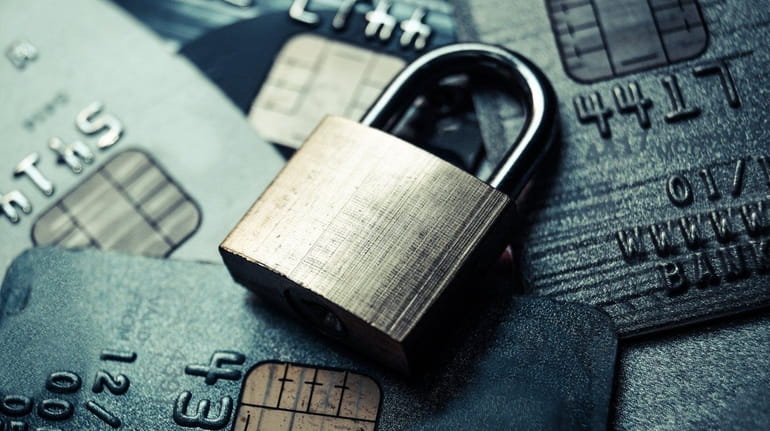First time dealing with credit card fraud? You got this

Protect the security of your credit cards, but act quickly if you sense fraud, experts say. Credit: Getty Images / iStock
If you’re dealing with sketchy charges on your credit card, chances are the process will be pretty straightforward for you. Here’s what to do.
- Take stock of your protections
First, take a deep breath and remember: As long as you report unauthorized credit card charges to the issuer, you typically won’t have to pay for them. That’s thanks to protections under federal law and “zero liability” policies from credit card networks.
“For unauthorized use, your liability is limited to $50” under credit card law, says Chi Chi Wu, a staff attorney for the National Consumer Law Center. “So if your thief uses your card to run up a bunch of charges, you can only be liable for $50. And if it’s used for an internet purchase, they can’t even charge you for the $50 if the card isn’t present.”
Many issuers also waive that $50 because of zero liability policies, she says.
Many debit cards offer zero liability protection, but cardholder liability under federal law can be greater on these accounts.
- File a dispute
Promptly disputing fraudulent charges is key. Call the issuer’s customer service department or file a dispute online.
“Most of the time, it’s going to be relatively easy to resolve,” says Paul Stephens, director of policy and advocacy at the Privacy Rights Clearinghouse, a nonprofit consumer advocacy group. “Ideally, you’re going to report it to your issuer, they’re going to do an investigation [and] you will not be expected to pay for the disputed transaction while they’re investigating it.”
Your liability for fraudulent charges is limited under the law, even if you take a long time to report them. But wait too long and you risk forfeiting eligibility for zero liability protection. In the meantime, fishy charges might keep piling up.
Ask for confirmation that you’ve filed a dispute. It might take more than one call to resolve.
- Set up the new card
If your credit card is affected by fraud, issuers usually close that account and send you a new card with a new number. This typically won’t affect the age of the account or harm your credit scores. However, when you get a new card, you still have to activate it and update card information for recurring payments, which can be a hassle.
There’s no surefire way to protect your new card from fraudulent charges, but a few moves could help: Keep an eye on your wallet. Set up text or other alerts to help you track card activity. Designate a separate card for recurring payments. If your password is “password,” for the love of cybersecurity, change it. And monitor your accounts.
Kinds of protection
Many credit card networks offer zero liability policies when there is credit card fraud. Zero liability policies can be voided in cases of cardholder carelessness — one expert says that leaving your credit card out for it to be stolen could be negligence. But federal law still offers protection. That law limits your liability to $50 for unauthorized use of your credit card.
Updated 30 minutes ago Person on fire outside Trump trial ... Teacher pay ... LI job growth leads nation ... Islanders surprise fans
